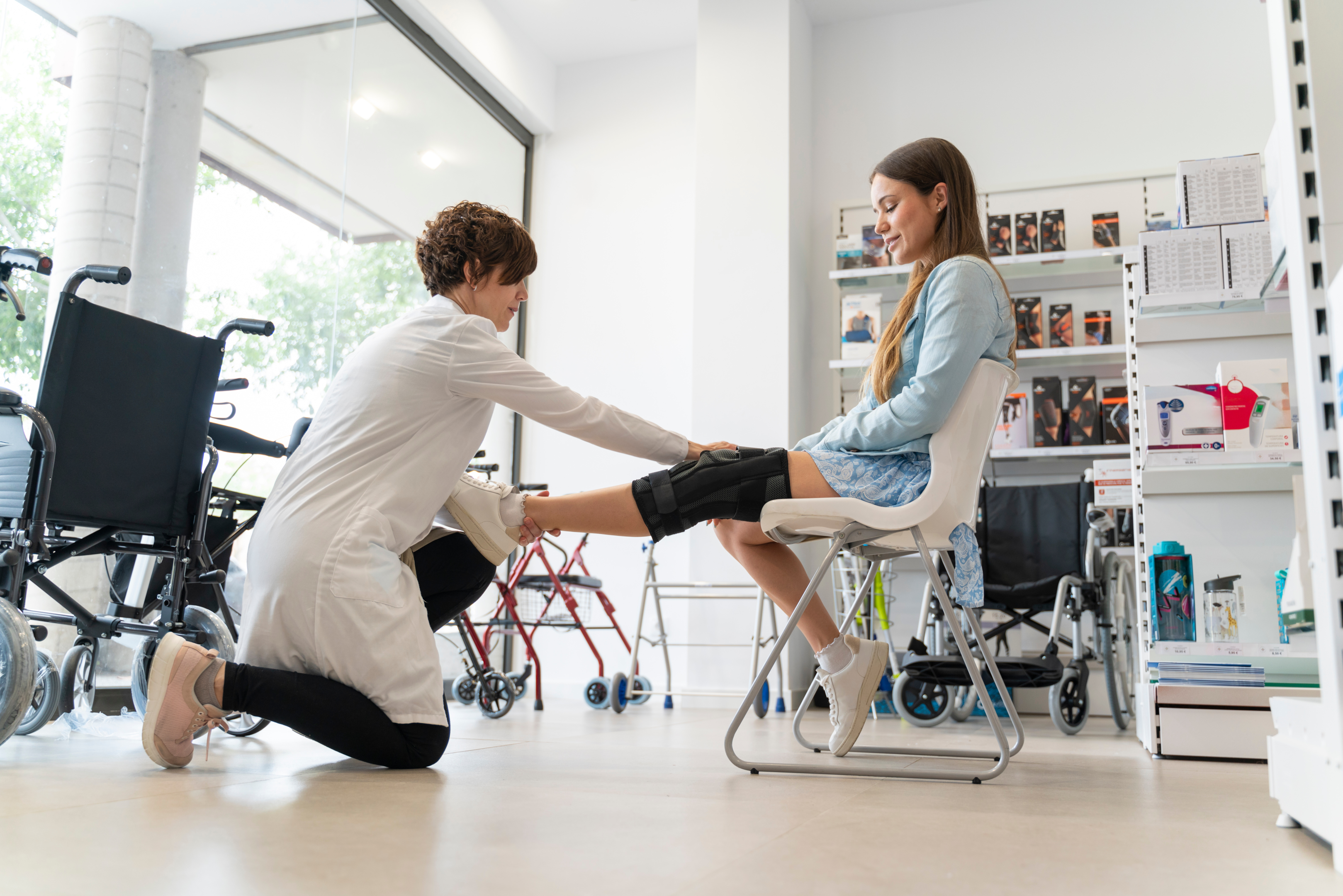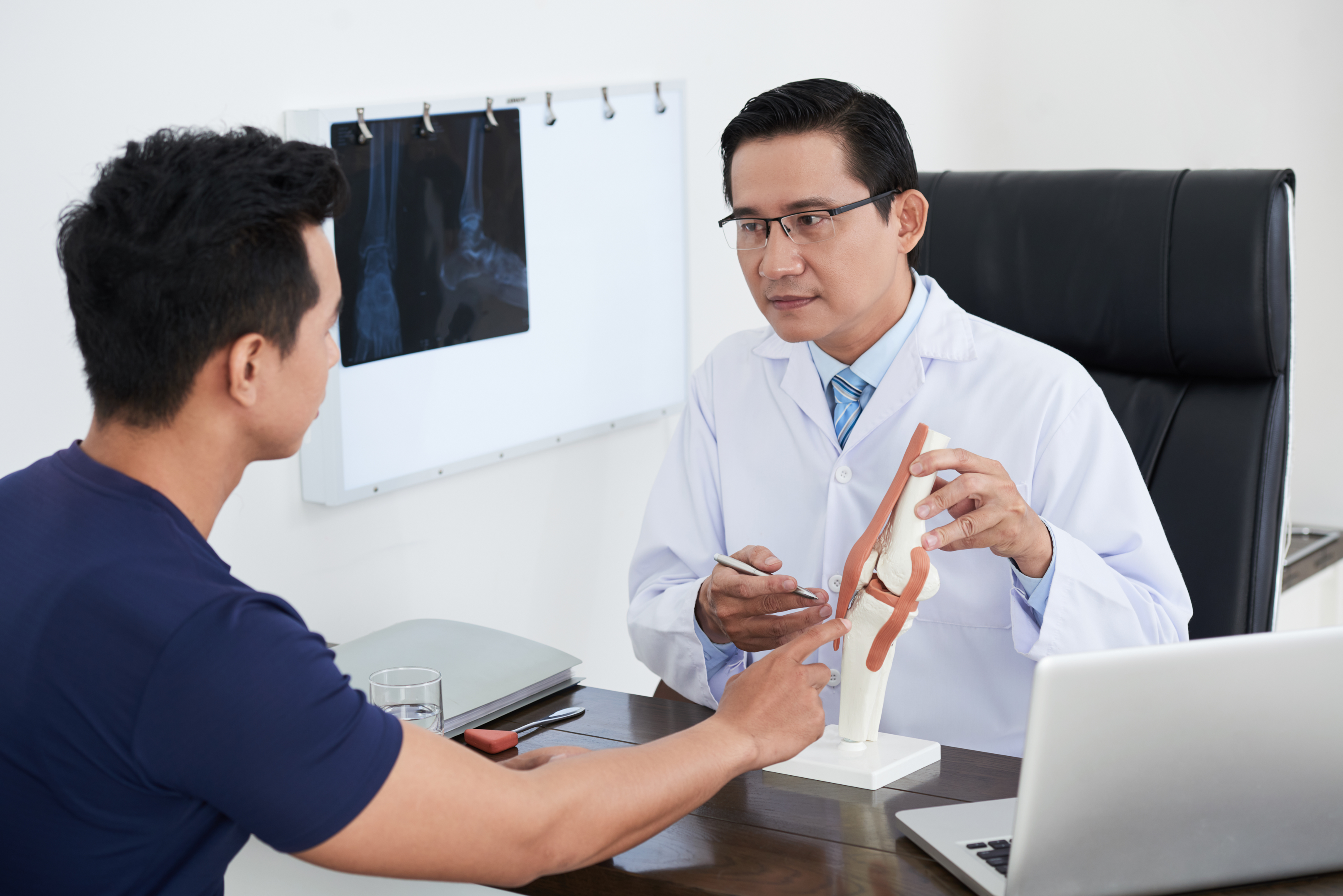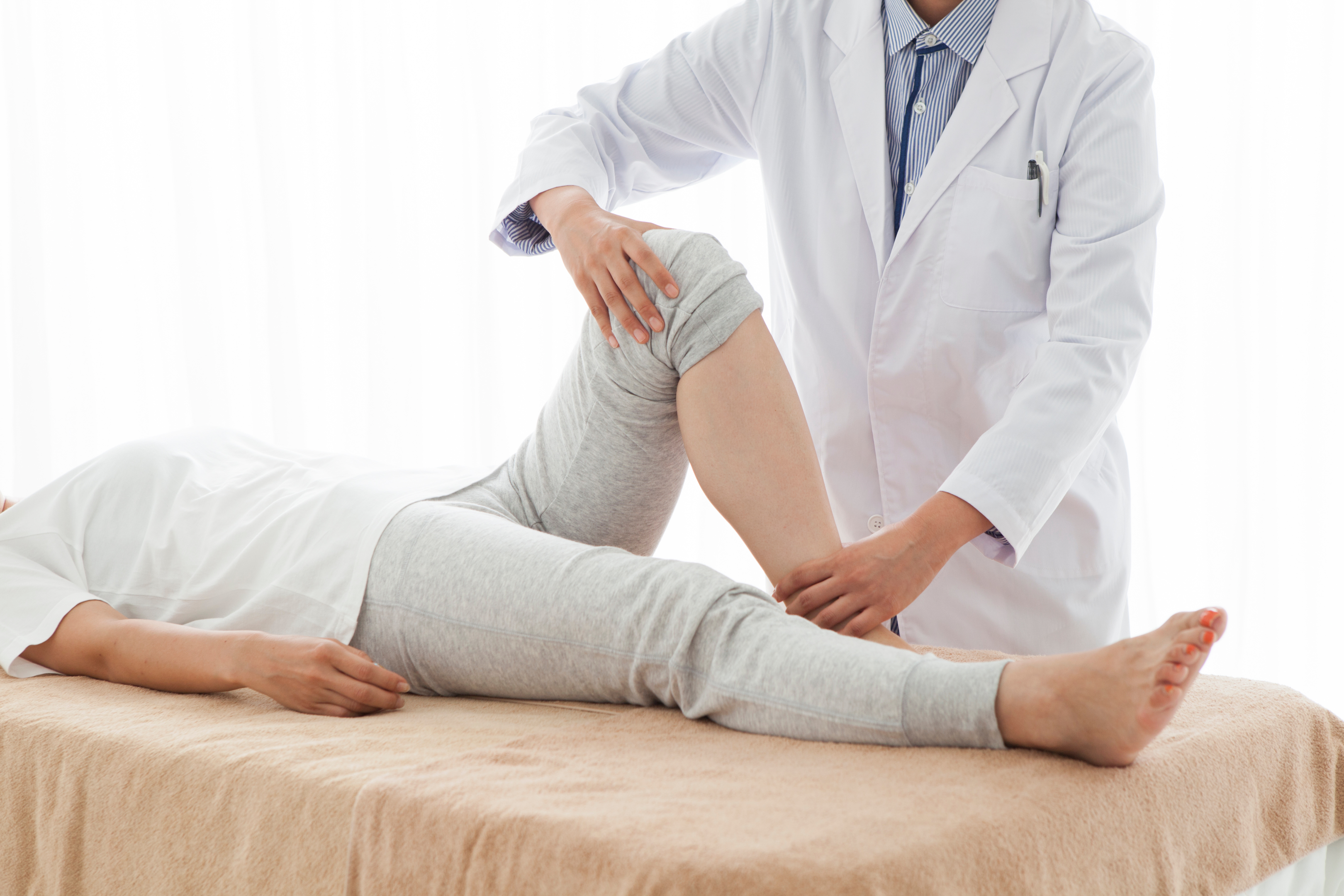
Facing an injury or working to boost your athletic potential, you’ve likely wondered how sports medicine can aid your journey. This guide cuts straight to the chase, offering you a look at the pivotal role sports medicine plays in injury recovery and athletic performance enhancement. Here, you’ll find practical information on prevention, diagnosis, and treatment of sports injuries, with expert insights into the strategies that keep athletes and active individuals at their best. Let’s demystify sports medicine together and see how it can support your goals, both on and off the field.
👉Also Read: What Is Included in Sports Medicine?
The Role of Sports Medicine Specialists
Every successful athlete and physically active individual have unsung heroes in their corner: sports medicine specialists. They are uniquely trained healthcare professionals, often certified in fields such as internal medicine, pediatrics, emergency medicine, or orthopedic surgery, with specific expertise in managing and preventing injuries in athletes and physically active people.
Among them, orthopedic specialists play a vital role in diagnosing musculoskeletal disorders, conducting physical exams, analyzing lab tests and imaging, and designing treatment plans tailored to the needs of injured athletes. A thorough medical history is also an essential part of their assessment process.
In multidisciplinary teams, these specialists collaborate with:
- Orthopedic surgeons
- Physical therapists
- Athletic trainers
- Nutritionists
- Sports psychologists
to provide comprehensive care in settings like clinics or sports organizations. Through their expertise, they contribute significantly to the health and well-being of athletes, aiding in recovery and return to play and ensuring athletes can maintain performance while also managing age-related physical changes.
Injury Prevention and Management
A key aspect of sports medicine is injury prevention and management. Sports medicine specialists provide education on proper training, gear, and techniques to help athletes avoid injuries. These preventative programs designed by experts may include strength training, flexibility exercises, and proprioception drills.
Implementing sport-specific warm-up routines can activate relevant muscle groups and motor patterns, thereby reducing the risk of injuries. Not to mention, proper techniques during sports activities are vital in preventing injuries such as strains, sprains, and even rotator cuff injuries. Gradual training progression is important because it allows the body to adapt to increasing demands. This helps in reducing the risk of injury.
Diagnosis and Treatment of Injuries
When injuries do occur, sports medicine professionals focus on the diagnosis and treatment options for sports injuries to ensure effective recovery. They employ a variety of diagnostic tests, including X-rays, MRI, and ultrasound, for an accurate assessment of sports injuries. Sports medicine offers treatment options like injections and diagnostic ultrasounds for diagnosing and treating conditions.
Performance Enhancement
Sports medicine not only focuses on injury management but also on enhancing athletic performance. This is achieved by educating on optimal nutrition and hydration, contributing to overall health and sport-specific abilities. Tailored exercise regimens advised by sports medicine specialists focus on augmenting an athlete’s strength, speed, endurance, and flexibility, catering to individual and sports-specific needs.
Common Sports Injuries and Their Treatments

A fundamental part of sports medicine involves understanding common sports injuries and their treatments. Sports medicine doctors commonly treat injuries such as:
- Ankle sprains
- Knee and shoulder injuries
- Tendon, ligament, muscle injuries
- ACL tears
- Meniscus tears
- Cartilage injuries
- Stress fractures
- Rotator cuff tears/injuries
Physical therapy also plays a vital role in recovering from these injuries.
Apart from athletes, non-athletes may also suffer from sports injuries such as:
- Sprains
- Strains
- Joint and muscle injuries
- Dislocations
- Fractures
- Achilles tendon injuries
- Shin pain
Everyone engaging in physical activity should be aware that they can potentially be at risk of these injuries.
Sprains, Strains, and Tears
Among the most common sports injuries are sprains, strains, and tears. Sprains involve stretching or tearing a ligament, while strains, also known as muscle tears, occur when a muscle or tendon is overstretched or overly pressured; both are graded based on the severity from mild (Grade 1) to complete tears (Grade 3).
Initial treatments for sprains and strains generally involve:
- Rest
- Ice
- Compression
- Elevation
Additional support from NSAIDs can be taken for pain. In severe cases, immobilization with casts or splints may be necessary.
Recovery time for strains can vary from three to six weeks for mild cases, with severe sprains/strains involving significant damage possibly requiring surgical intervention and extensive physical therapy.
Fractures and Dislocations
Fractures and dislocations are other common injuries that result from excessive pressure or trauma. Fractures are breaks in the bone, while dislocations occur when bones slip out of place at a joint due to sudden impact.
Treatments for dislocations may consist of:
- Manual manipulation to reposition bones
- Medication to ease discomfort
- The use of splints or slings to support the affected area
- Rehabilitation, with recovery, takes several weeks once the bones are properly aligned.
Fractures, on the other hand, are often treated by:
- Immobilization using a plaster or fiberglass cast
- Splints
- Braces
- In severe cases, surgery may be necessary; the bones must be repositioned and held in place to heal.
Concussions and Head Injuries
Recognizing the signs and symptoms of a concussion is vital for timely treatment and to enhance recovery, minimizing potential long-term effects. Effective management of concussions involves:
- Immediate cessation of play
- Rest
- A graduated return to activity
- Monitoring for symptom recurrence
- Focusing on preventing long-term damage
Injury Prevention Techniques

An integral part of sports medicine involves injury prevention techniques. They include:
- Proper warm-up
- Stretching
- Strength training
- Nutrition
- Hydration
- Using appropriate equipment
Sports medicine practitioners are pivotal in educating athletes on injury prevention, including nutritional guidance, hydration, and exercise regimens. Some other ways to prevent injuries include:
- Flexibility exercises to aid in preventing muscle imbalances
- Integrating rest periods into training to prevent overuse injuries
- Utilizing appropriate equipment, like supportive shoes
- Applying biomechanical research to training
By implementing these strategies, you can significantly lower the risk of injuries.
👉Also Read: How to Find the Best Center for Orthopedics Near You
Rehabilitation and Recovery

After an injury, key stages include rehabilitation and recovery. They involve:
- Physical therapy
- Medications
- Injections
- Surgical interventions
These treatments help rebuild strength, range of motion, and function. For serious sports injuries, treatments may include immobilization with slings, splints, braces, or casts, and surgery might be necessary to repair damaged tissues or realign bones. Psychological support and maintaining motivation are crucial for athletes to stay passionate and committed to their rehabilitation and ultimately, their sport.
Medications and Injections
To aid in the rehabilitation and recovery of athletes from injuries, sports medicine specialists can prescribe medications to address complications such as pain and inflammation. Nonsteroidal anti-inflammatory drugs (NSAIDs) and oral analgesics, such as acetaminophen and ibuprofen, are frequently recommended to treat acute soft tissue injuries by managing pain and reducing swelling.
In addition to oral medications, corticosteroid injections can be administered to alleviate inflammation and pain, particularly in joint injuries or cases of tendinitis.
Surgical Interventions
In certain cases, surgical interventions may be necessary. Severe ligament tears, tendon ruptures, and fractures that compromise function and stability may necessitate surgical repair. Fractures and dislocations may require the realignment of bones and the repair of connective tissues through surgical intervention.
Sports medicine specialists collaborate with orthopedic surgeons in surgical procedures, often involving micro-invasive techniques, for musculoskeletal sports injuries. The decision for surgical intervention considers:
- the injury’s type
- the athlete’s performance level
- expected outcomes
- risks versus benefits.
Sports Medicine for Non-Athletes

Not only athletes but also non-athletes aiming to maintain a safe, active lifestyle can benefit from sports medicine principles. Sports medicine specialists offer non-athletes personalized guidance on proper exercise techniques and strategies to prevent injuries, enhancing their general health and activity levels.
The use of biomechanical principles helps healthcare professionals prescribe targeted exercises that correct physical imbalances and improve the overall function and well-being of non-athletes. This is a testament to how the principles of sports medicine can be applied to everyone, regardless of their athletic status.
Injury Prevention for Active Individuals
Just like for athletes, injury prevention is equally important for active individuals. The use of quality protective equipment like:
- padding
- helmets
- shoes
- mouth guards
Preventing injuries during physical activities is essential, and a physical examination can play a vital role in this process. Employing correct equipment and techniques for sports and exercises is crucial for injury avoidance.
👉Also read: The Relationship Between Sports Injuries and Athlete’s Mental Health
Maximize Your Physical Health with Academy Orthopedics
Unlock peak performance and ensure your physical well-being with Academy Orthopedics. Find top-notch orthopedics near me in Cumming GA, Buford GA, or Duluth GA.
If you’re looking for the best course of treatment or preventive measures for sports-related injuries, or simply need guidance on maintaining an active lifestyle, consider making an appointment online with Academy Orthopedics. Our team of experienced sports medicine specialists can help determine the right course of orthopedic care and preventive measures for you.
Contact us today at (770) 271-9857 or book an appointment here to maximize your physical health. To read more of our content, visit our Blog page or follow us on Social Media: Facebook and Twitter.
